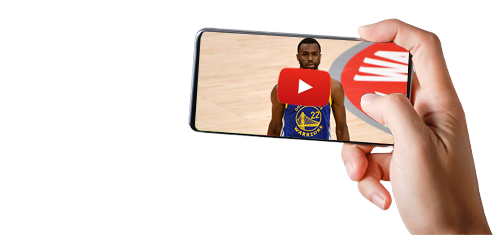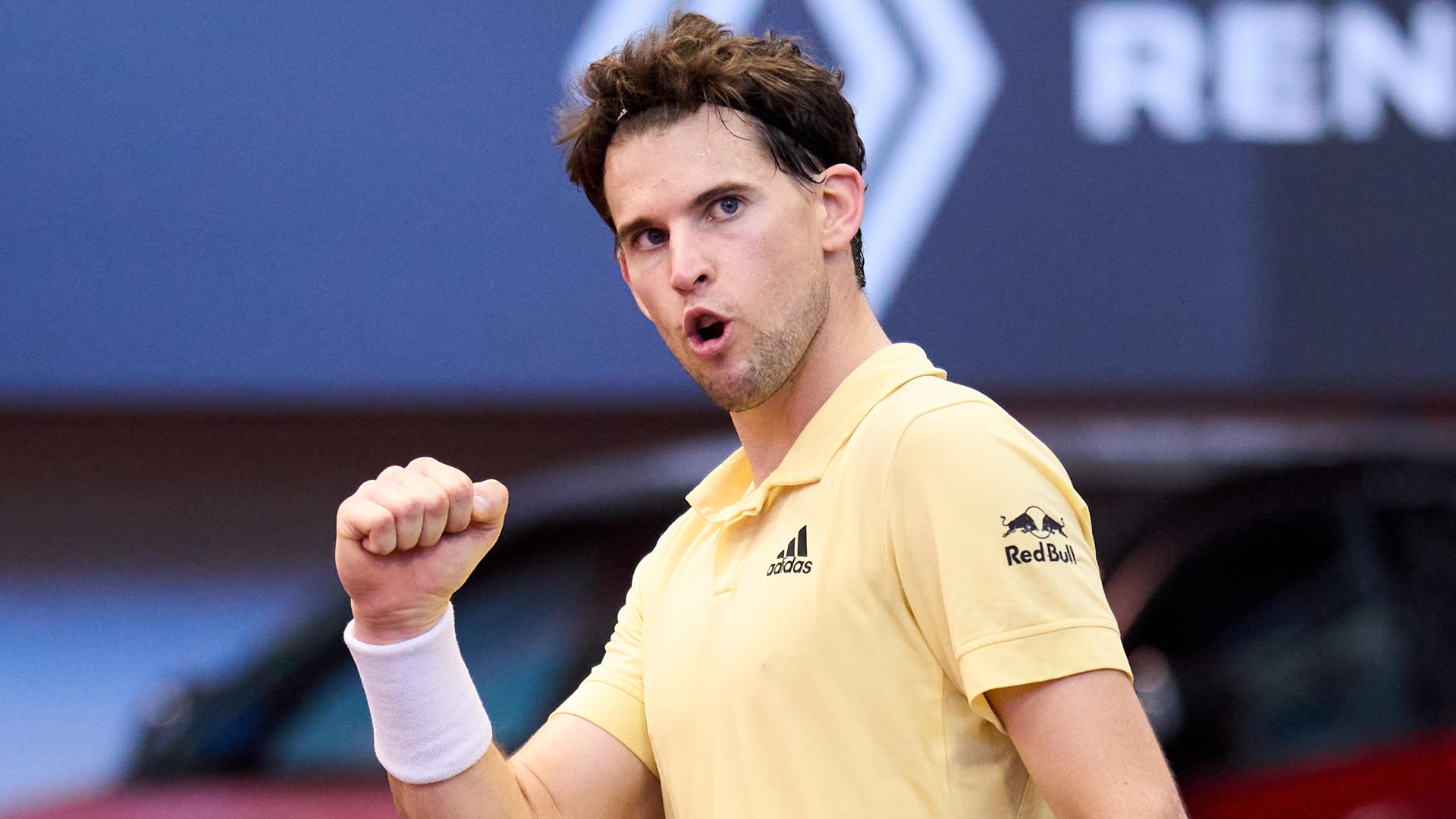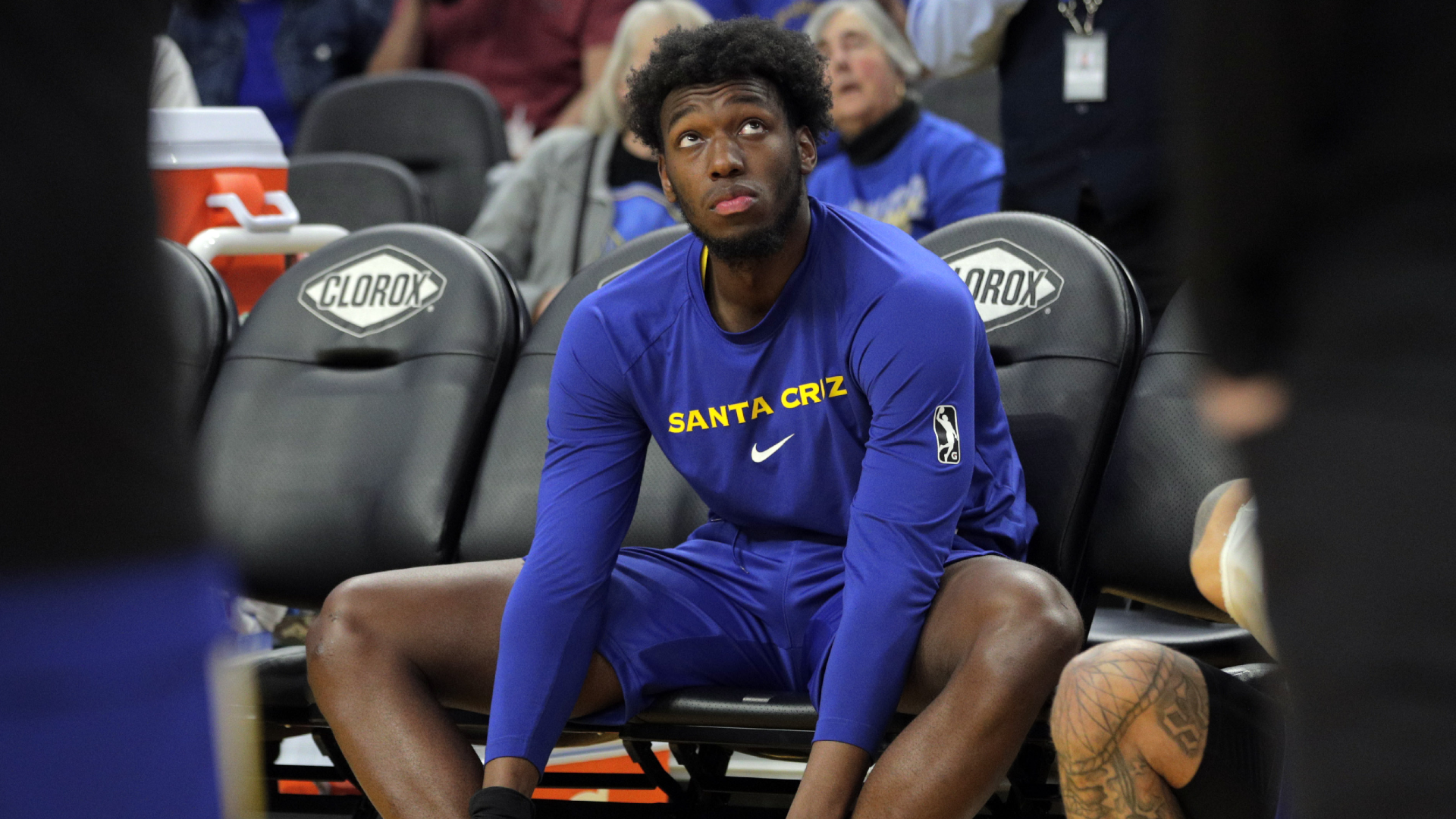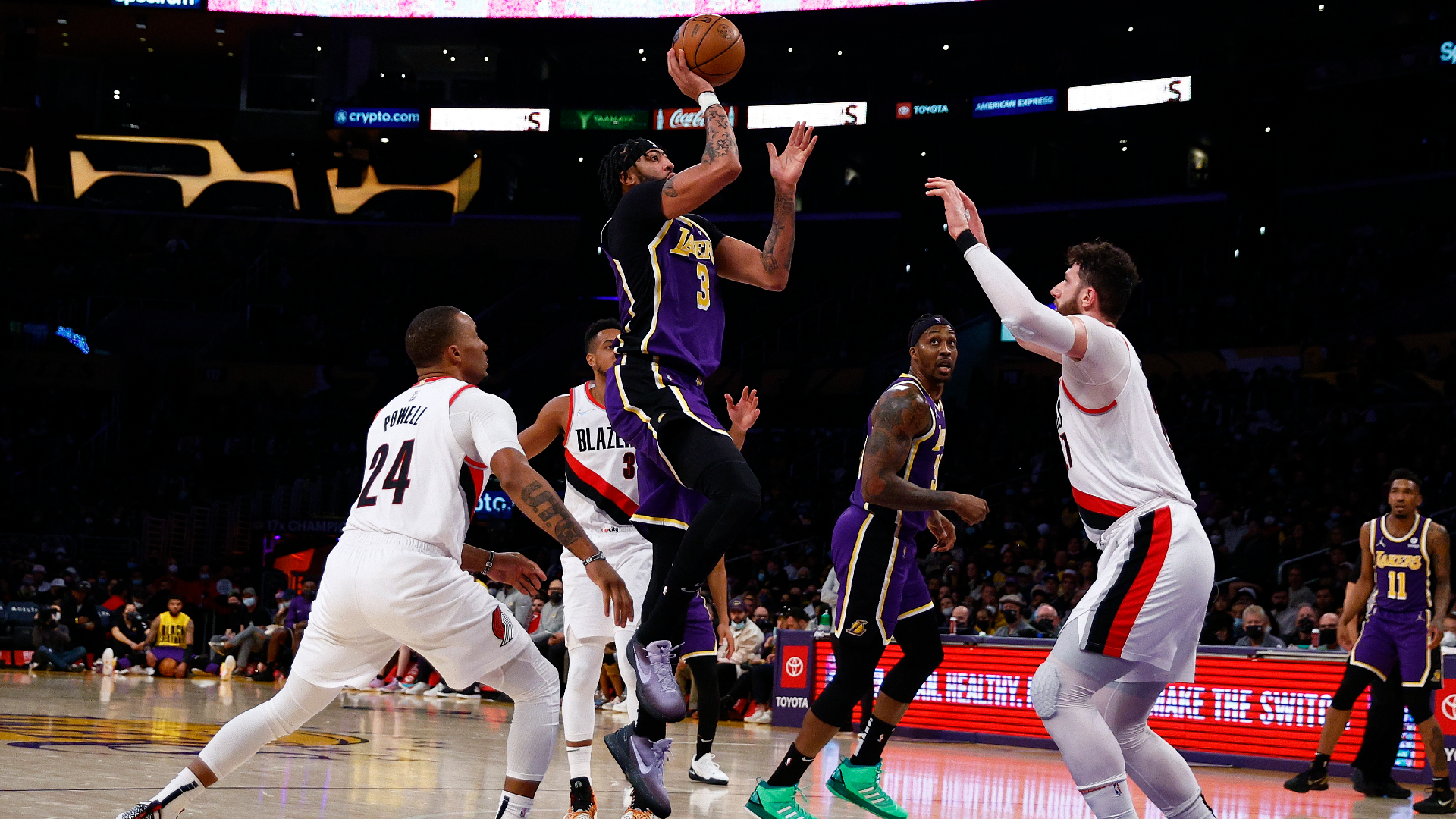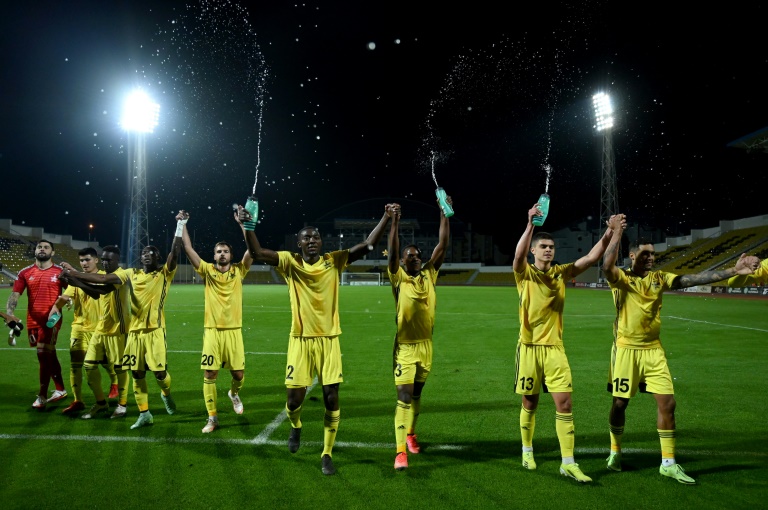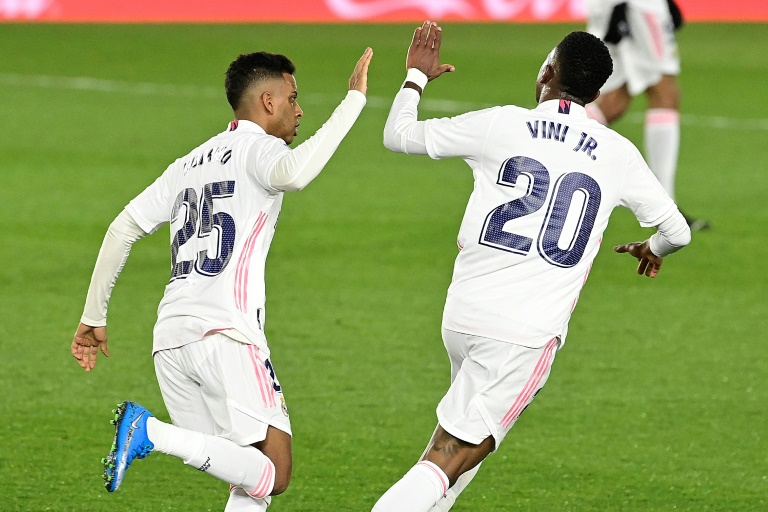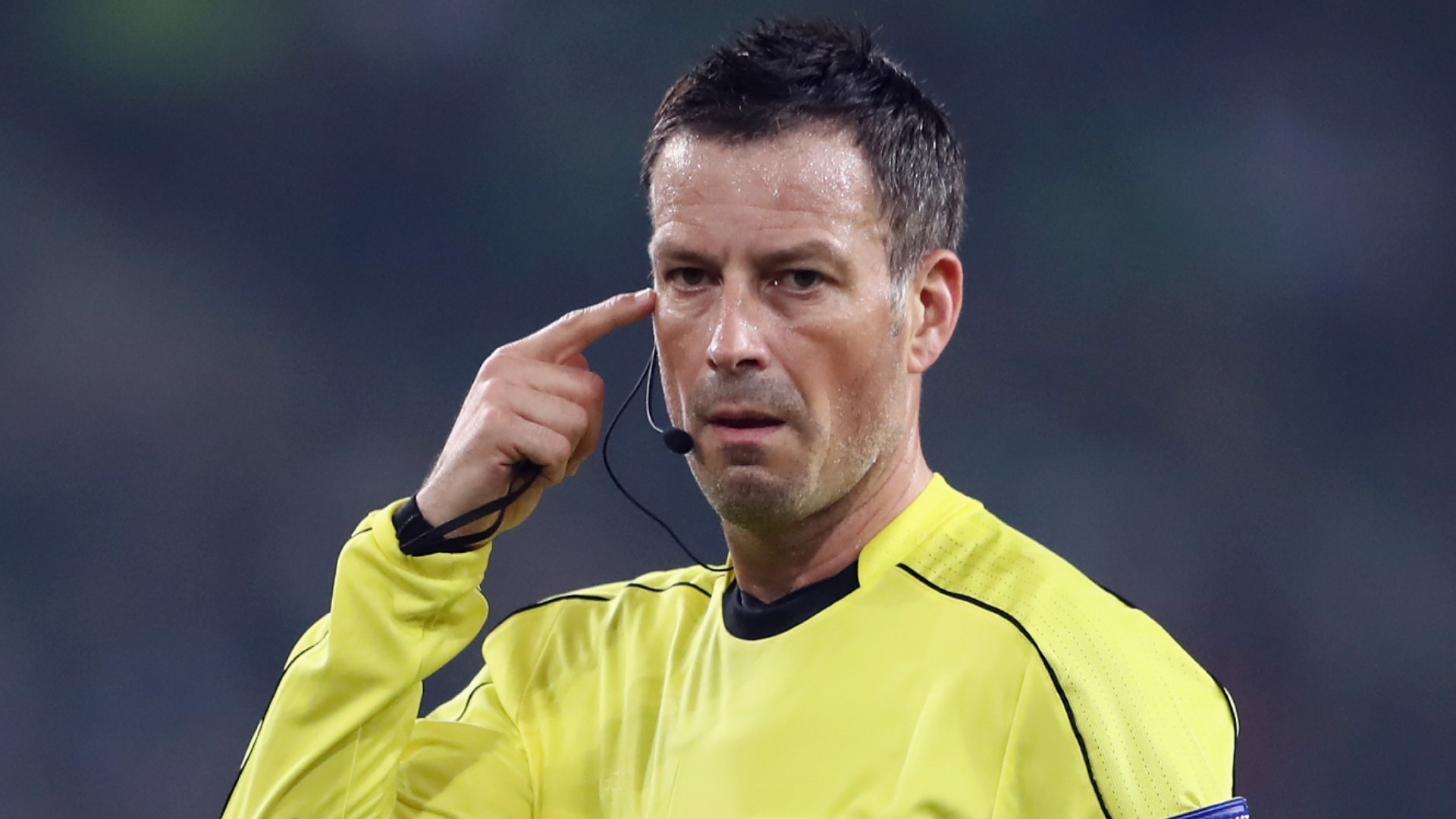
Former Premier League referee Mark Clattenburg says officiating would be a “very, very lonely profession” without support from psychologists and the job is much tougher due to social media.
Clattenburg retired from officiating in the English top flight in 2017 after a career that saw him take charge of major finals at domestic, continental and international level.
His achievements included refereeing both Champions League and European Championship finals in 2016, as well as being named the IFFHS World’s Best Referee the same year.
In an exclusive interview with Stats Perform however, Clattenburg has reflected on the difficulties faced by match officials, who frequently bear the brunt of abuse.
“The mental side of refereeing is very, very strong,” Clattenburg stated. “When I was in the Premier League, we had a lot of support from psychologists.
“Without that support, it’s a very, very lonely profession. Driving up and down the country after refereeing big matches in any match, and then you’re missing junctions.
“You can’t even remember how you drove home because you were still thinking about the match, and you were still playing the match through in your head.
“So, there’s a lot of support now for the referees and they need it because it’s a very, very tough job, especially now with social media.
“When I started off, there was no such thing as social media. So, it was a lot easier to deal with, but now it’s constant. It’s everywhere and it’s permanently on the internet.”
Questions have often been raised over whether officials should conduct post-match media briefings to explain their decisions, and Clattenburg is not opposed to the idea.
“I haven’t got a problem [with it],” he added. “I’ve always said that I don’t think if it’s used in the correct way, then I think the referee should explain his decisions afterwards.
“I think you’d hope it would give people more understanding why the decision was made. It used to happen many years ago.
“I remember being a young fourth official, and they wouldn’t be interviewed afterwards, but they would be given a series of questions, and they had the chance to answer them.
“If it’s done in a correct way, I think it would benefit everybody to understand what’s going on.”



